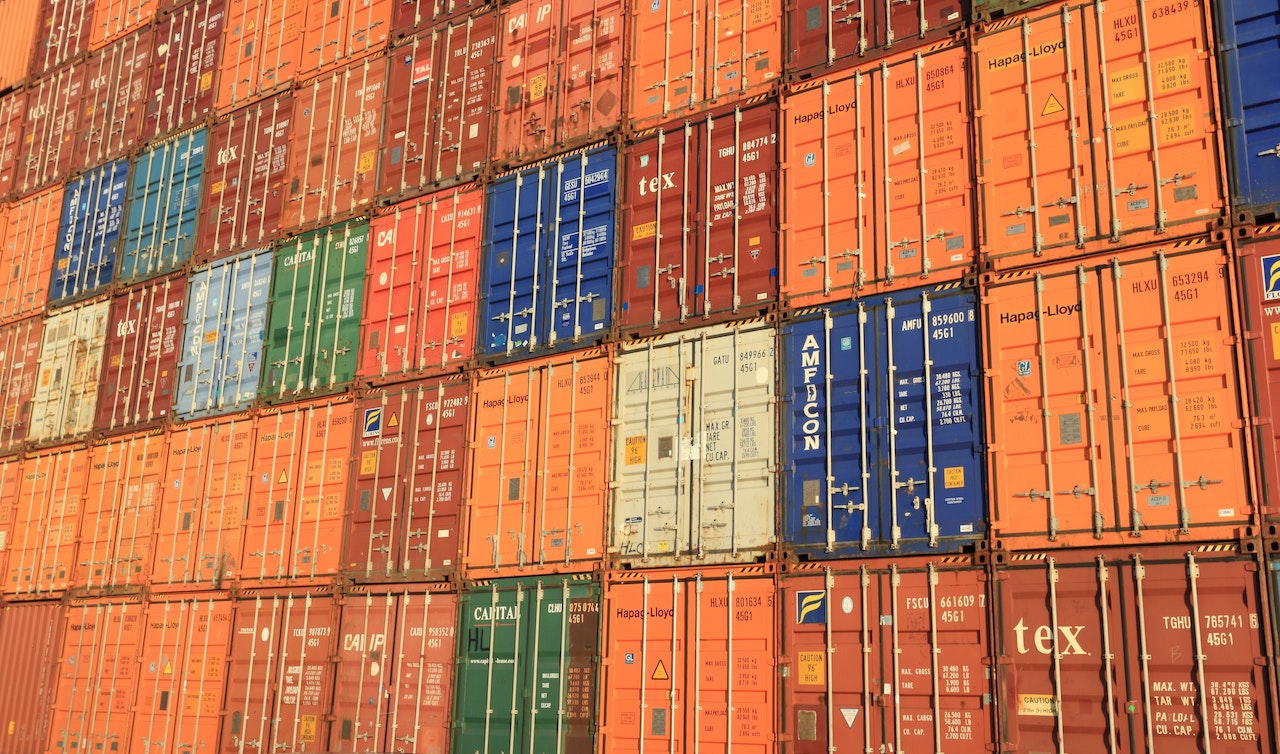How an Import-Export Database Can Shape Economies?

Import-export database plays a crucial role in shaping economies around the world. Facilitating the movement of goods and services across borders, allows countries to access a wider range of products and resources that may not be available domestically. This opens up opportunities for businesses to expand their markets and meet consumer demand for diverse and high-quality products. In addition, import-export activities contribute significantly to employment generation, as they create job opportunities in industries involved in manufacturing, transportation, logistics, and distribution. Import-export is not only vital for individual economies but also for fostering international trade relations. It enables countries to establish strategic alliances with trading partners and build robust international networks that promote economic growth and development. By engaging in import-export activities, nations can harness their comparative advantages and specialize in producing goods or services that they excel at. This specialization leads to increased productivity levels within sectors, making countries more competitive globally.
Import-export contributes to economic stability by providing countries with additional sources of revenue through export earnings. This improves the balance of payments position by reducing trade deficits and increasing foreign exchange reserves. Moreover, exporting allows nations to showcase their unique cultural heritage or technological prowess on an international stage. For example, Japanese automobiles represent engineering excellence while Italian fashion brands epitomize style and craftsmanship – both widely sought after globally.
What is an import-export database?

An import-export database is a crucial tool that aids in shaping economies by providing comprehensive information on the flow of goods and services between countries. It serves as a centralized hub where businesses, entrepreneurs, and policymakers can access data related to international trade activities. This includes details such as the types of goods being imported or exported, their quantity, value, country of origin or destination, and customs tariffs applied. By harnessing the power of an import-export database, governments can make informed decisions to drive economic growth and development. They can identify potential trade opportunities with specific countries or regions based on market trends and consumer demands. Moreover, having access to detailed information about imports and exports enables policymakers to formulate effective strategies for trade negotiations and the implementation of tariffs or quotas that protect national industries.
For businesses involved in international trade, an import-export database opens up new possibilities for collaboration and expansion. Companies can analyze market trends, identify gaps in supply chains, and evaluate competition levels in specific sectors or markets – all critical factors when devising successful business strategies. With this wealth of information at their fingertips, enterprises can make more accurate predictions about demand patterns in foreign markets and tailor their product offerings accordingly. An import-export database is much more than just a collection of numbers; it is a powerful tool that shapes economies by bringing transparency and intelligence into international trade. By providing comprehensive data on imports and exports between countries, this database enables governments to facilitate strategic decision-making processes fostering economic growth.
Benefits of using an import-export database
One of the major benefits of using an import-export database is its ability to provide comprehensive and up-to-date information about global trade. With millions of transactions happening every day, it can be difficult for businesses to keep track of market trends and identify potential opportunities. An import-export database offers a centralized platform where users can find detailed information on products, markets, suppliers, and buyers. This wealth of data allows businesses to make informed decisions, identify new markets, and develop targeted marketing strategies. Another advantage of using an import-export database is that it enhances transparency in global trade. By providing a transparent view of the trading activities between different countries, these databases help to reduce corruption, fraud, and unfair trade practices. Businesses can verify the credibility of potential partners or suppliers by accessing historical transactional data on their platform. Furthermore, with accurate information on tariffs, regulations, and compliance requirements at their fingertips, companies can ensure that they are abiding by all legal and ethical standards while conducting international trade.
In addition to these benefits for individual businesses, using an import-export database also has a positive impact on economies as a whole. By facilitating access to global markets for small and medium-sized enterprises (SMEs), these databases contribute towards economic growth by promoting entrepreneurship and fostering innovation across industries. Moreover, the availability of accurate trade data helps governments make evidence-based policy decisions aimed at boosting exports or improving bilateral relations with trading partners.
How an import-export database can support businesses?
An import-export database can be a game-changer for businesses looking to expand their operations on a global scale. With access to comprehensive and up-to-date information on import and export trade, companies can identify new markets, track competitor activities, and make informed decisions that drive growth. By providing valuable insights into market trends, consumer preferences, and regulatory requirements, an import-export database equips businesses with the necessary knowledge to navigate the complexities of international trade. One key advantage of using an import-export database is the ability to discover untapped opportunities in foreign markets. With millions of products being traded globally, it can be challenging for businesses to identify niche markets or goods in high demand. However, by leveraging the wealth of data available through these databases, companies not only gain visibility into existing trades but also unlock potential avenues for expansion. This allows them to explore new markets that align with their product portfolio and target demographics, facilitating strategic decision-making and enhancing global competitiveness.
An import-export database enables businesses to stay abreast of competitors’ activities in real time – a crucial factor in today’s hyper-competitive business landscape. By monitoring competing firms’ trading patterns, pricing strategies, and market penetration efforts across different countries, companies can proactively respond and adapt their own business strategies accordingly. This level of insight gives businesses a competitive edge by allowing them to anticipate market changes and adjust their offerings or marketing campaigns effectively.
The future of import-export databases
As the world becomes increasingly interconnected, the future of import-export databases holds immense potential. With advancements in technology and data analytics, these databases can revolutionize economies by providing valuable insights and streamlining global trade. One major development to look out for is the incorporation of artificial intelligence (AI) into import-export databases. AI algorithms can analyze vast amounts of data from multiple sources, identifying trends and patterns that humans might miss. This can help businesses make informed decisions about trade strategies, market trends, and potential risks. Blockchain technology is poised to transform import-export databases by enhancing transparency and security. Blockchain’s decentralized nature ensures that every transaction is recorded on a public ledger that cannot be altered or manipulated. This will enhance trust between traders as they have access to accurate information on shipment details such as origin, quality assurance certificates, and compliance with regulations. Moreover, this secure system will reduce fraud and counterfeit activities in international trade.
The future of import-export databases lies in their ability to provide real-time updates on crucial factors influencing global trade like tariffs policy changes or political instability in certain regions. By having immediate access to such information through these innovative platforms, businesses can adapt their strategies accordingly and mitigate potential risks. The future of import-export databases holds great promise for shaping economies worldwide. The integration of AI algorithms will offer unparalleled insights into global trading patterns while blockchain technology guarantees increased transparency and security within the industry.




